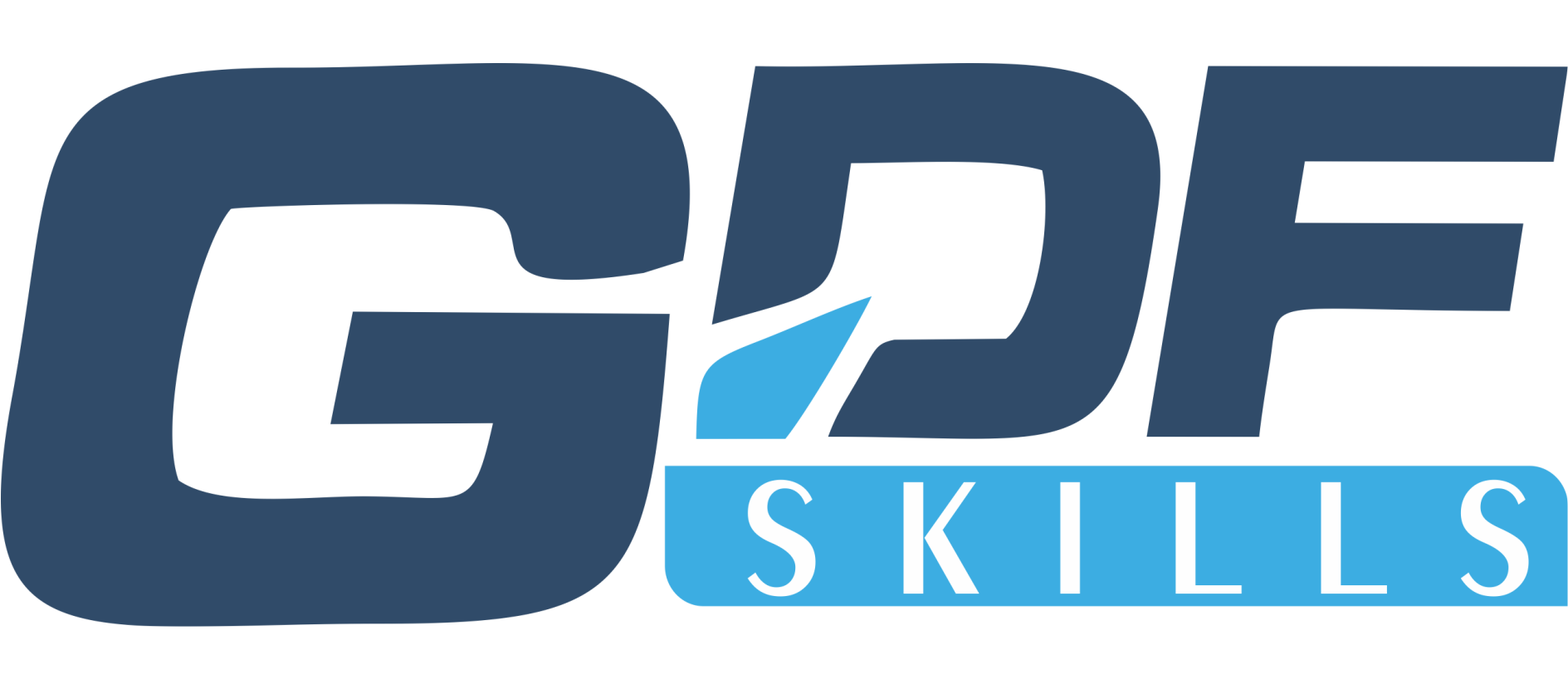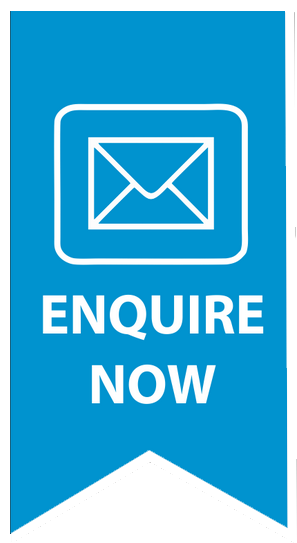GDF Editorial Tue, 04/21/2020 - 10:46
Living in an age where terms like Globalization and Digitization are thrown around with much fervor, there is a niche that has developed for soft-skills. If your professional competency is the subject matter area of your expertise, then soft skills are its hidden, but underlying pillars. Commonly expected set of soft skills could include behavioral and emotional aspects of your personality. In other words, whereas the job description may not outrightly say so, but the recruiters expect their ideal candidate to be
- Emotionally Intelligent
- Motivated
- Self-driven
- Pressure soaking
- And (needless to say) Responsible
In the course of an interview, the nature and purpose of each question is deeply thought over by the recruiters. They are strategically worded to test the mindset of the candidate. By convention, such questions fall in the category of a Psychometric test, but the recruiter may not categorically say so while handing you the questionnaire. Such forms of recruitment are activated depending upon the position the candidate applied for. Rest assured, the interviewer will place you in several challenging hypothetical scenarios. It is not uncommon to see overconfident yet promising candidates rejected precisely at this stage. Keeping the following pointers in mind will ensure that when faced with such a challenge, you maintain your cool, rise to the occasion and leave a lasting impression.
Learn to Face Unexpectedness
Psychometric tests are situational. Interviewer(s) may pose the question to see whether you hold strongly to your beliefs under pressure or not. Consider the following question:
Interviewer:"Please share one incident when you were given a task to complete and you did not know how to do it?"
If you study the question deeply, the interviewer wants to understand whether you're open to exploring alternatives outside your immediate scope of work when it is certain that you alone do not have the solution. A simple and straightforward manner to ask the same question could be: "Are you prepared to ask for help?" Whether you are applying for a role that demands Client-to-client interaction or liaising with the internal department, unexpected (often unfavorable) scenarios are bound to arise. You should not be shy of asking someone a question, even if that implies asking for help. Professionals who probe for answers gain experiential knowledge over those who do not. As a candidate, you should look forward to including elements in your answer that bring out your flexibility to comfortably work with others. Your response should reflect your personality as a go-getter with a can-do attitude.
Practice Displaying Spontaneity
The chain of questions is usually designed to create a pattern of situations that brings out a reaction otherwise unacceptable. While sometimes it is important to think through an answer, on other occasions, it is better to let your natural inclinations do the trick for you. In such a round of one-on-one questioning, you could face the following type of question:
Interviewer: "Please share one incident where you wanted to seek some information from someone - your parents, your teacher, etc. and the concerned person was not available. What did you do then to get the information?"
Avoid exaggerating your response but at the same time send a message that you have the energy and ambition to search for an answer. Relationships, business, or personal, are built on trust and that takes time to create. The hidden sub-text of the above question is this:
"Are you willing to go the extra mile?" As an interviewee, you could try answering with a variation of the following nature:
Candidate: "We could not afford disruptions and the data could not be extracted from secondary research (Google), therefore, I networked aggressively and finally managed to land a trusted source for the information"
Put the spotlight on your ability to input extra energy that others might hesitate to. Your answer should highlight you as someone whose pressure-bearing capacity is higher than others. Such unique identifiers consolidate your impression as a go-getter, inching you closer to the offer letter.
Stay Forward Thinking
A contingency is defined as a future event that could happen but cannot be forecasted with certainty. Planning for it in advance is called Contingency Planning. This characteristic is mostly acquired on-the-job but professionals excel at such high-level project management only when they uphold the desire and passion to do so. Let us illustrate that with an example:
Interviewer: "Please share one incident where you had given a task to someone and that person did not complete it.
What did you do then?"
When your action follows the situation that is called a reaction. But when you sense the unavoidable hiccup and condition advance measures then that is called proactive-ness. Do just the opposite of the normal course of action that people would undertake. Maintain composure and try to elaborate on the following meaning in your answer:
Candidate: "I followed up with the concerned person to identify the reason for the delay and possible ways to avoid this in the future."
Be the problem-solver that the interviewer is searching for. The interview rests on your ability to expect others to delay their response actions so that your extra efforts cover up for the same. This could be either your subordinate reporting to you or your colleagues. Show open-mindedness to be a man-manager.
Business-Minded v/s Lenient
Managers prefer to work with subordinates who have the potential to empathize with them. From their perspective, when you begin to see their professional commitments, your targets appear very minute and do-able. For this reason alone, you see the pressure being handed down by your professional superiors over your shoulders. Could you now connect the dots as to why you see "Working Under tight Deadlines" as part of the job description?
Consider the following question:
Interviewer: "Please share one incident where you had reminded someone to finish your task and that person had not responded to your reminder.
What did you do then?"
If an organization has to be profitable, that requires collective management amongst everyone to convert numbers into profits. Designated departments forming the value chain such as operations, administration, finance, etc. are created to maintain a continuity of their respective function. This job becomes easier when employees realize it is the shared responsibility of all to do their part of the job. And you should be willing to take a stern stand when necessary. A perspective response to the above question could be:
Candidate: "I brought the incident to the attention of our senior for faster turn-around time."
Such a stern but necessary response puts you in different limelight from others. It proves you're readiness to do what it takes to get things done in time.
Stop Giving Excuses
A sign of efficient and multi-tasking employees is that they are always loaded more than others in terms of responsibility. Additionally, they do not make excuses for the work passed on to them. This is a clear indication of the fact that you are there when the business needs you. Let us illustrate it with an example:
Interviewer: "Please share a situation when you were given a task to perform, which you did not like. What did you do then?"
Educational qualification is an entry pass that takes you through the doors of an organization. Beyond that, it is the initiative that pushes you to higher managerial positions. A common trait among such high-performing individuals is that they accept full accountability for their actions even if the work was not originally meant for them. Beware of the example you share in this instance. Recount a story that exemplifies you as the go-getter.
Consider the following answer:
Candidate: "I completed the assigned task as that was the need of the hour and stayed till the end to ensure a smooth completion."
The recruiter, through the question, is searching for two symbolic characteristics. One, that you display ownership and the other that you do not fake it. Craft your answer in a form like the one above to succeed in the screening round with relevant ease.
Psychometric tests, notwithstanding, interviewers are drawn to explore the nature of candidates to size their abilities and determine their job-readiness. It is cardinal, that you do not bomb your interviews with dull answers, and point out, sophisticatedly, your cultural matching with the employer. Remember to stay optimistic during the course of the interview and make the most of the best practices to handle situational questions.


